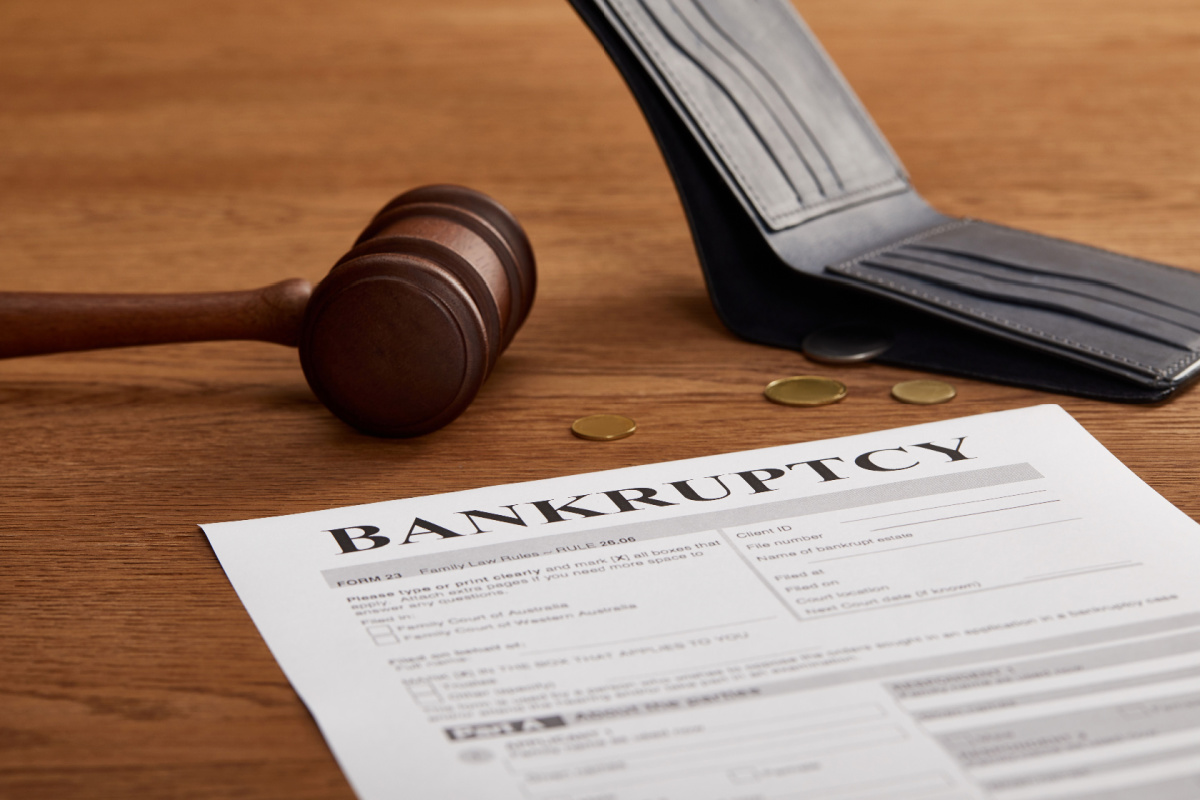





Attorney at Debt Advisors Law Offices
Practice Areas: Chapter 7 Bankruptcy, Chapter 13 Bankruptcy, Stop Foreclosure

Financial setbacks can happen to anyone, and when debt becomes unmanageable, bankruptcy may be the reset button people turn to. In Wisconsin, the rules are shaped not only by federal law but also by state-specific exemptions and procedures that decide what property you can protect and how the process will affect your future.
Before moving forward, it’s important to understand how Chapter 7 and Chapter 13 work here, what the eligibility requirements look like, and the role of Wisconsin courts and trustees in handling cases.
This guide walks through those details so you know what to expect before taking the next step.
One of the most important aspects of bankruptcy in Wisconsin is the use of exemptions. Exemptions determine which property you are allowed to keep and which assets may be used to repay creditors.
Unlike some states, Wisconsin gives you the option of choosing between the state exemption system and the federal exemption system under the Bankruptcy Code. You cannot mix and match; you must select one or the other.
Wisconsin exemptions include protection for a portion of home equity through the homestead exemption, personal property such as household items and clothing, and certain amounts of vehicle equity.
Retirement accounts and public benefits like Social Security are usually safeguarded. These protections are designed to ensure that debtors do not lose the essentials needed for a basic standard of living.
The choice between state and federal exemptions depends on the kind of assets you own. For example, if you have significant home equity, Wisconsin’s homestead exemption may offer better protection than the federal one. On the other hand, federal exemptions may provide stronger protection for personal property.
“Under 11 U.S.C. § 522, debtors may choose between federal and state exemption systems.”
|
Asset Type |
Wisconsin Exemption |
Federal Exemption (2025) |
| Homestead | Up to $75,000 equity | $27,900 equity |
| Motor Vehicle | $4,000 | $4,450 |
| Personal Property | Clothing, household items (reasonable value) | Up to $700/item, $14,875 total |
| Retirement Accounts | Fully exempt | Fully exempt (most tax-qualified) |
| Public Benefits | Fully exempt | Fully exempt |
Eligibility for filing bankruptcy is governed by federal law, but Wisconsin residents must pass certain tests and meet requirements.
For Chapter 7 bankruptcy, the means test determines whether your income falls below the state median income for your household size. If your income is higher, you may still qualify after certain deductions, but otherwise Chapter 13 may be the only option. Chapter 13 requires a steady income since it involves repayment of debts through a structured plan lasting three to five years.
Other requirements apply as well. You must complete credit counseling from an approved agency within 180 days before filing. Also, you cannot file if a previous bankruptcy case was dismissed in the last 180 days for failing to appear in court or follow orders.
Up-to-date information on Wisconsin median income levels for the means test can be found at the U.S. Department of Justice website.
Once you decide to file for bankruptcy, the process follows a series of structured steps. The first step is preparing and filing the petition with the bankruptcy court. Wisconsin has two federal districts handling these cases: the Eastern District of Wisconsin and the Western District of Wisconsin. The petition requires detailed financial information, including debts, income, expenses, and a list of assets.
Immediately after filing, the automatic stay takes effect. This halts most creditor actions, including lawsuits, wage garnishments, and collection calls. Shortly after, the 341 meeting of creditors is scheduled. At this meeting, the bankruptcy trustee and any creditors who attend may ask questions about your finances and documents.
In Chapter 7, the trustee reviews assets, sells non-exempt property if necessary, and distributes proceeds to creditors. In Chapter 13, the trustee oversees your repayment plan, collecting monthly payments and distributing them according to the court-approved plan.
The trustee plays a vital role in ensuring the process is fair for both debtors and creditors, while the bankruptcy court ensures compliance with federal law.
Filing for bankruptcy in Wisconsin has a significant impact on credit scores, but the effect is not permanent. A Chapter 7 bankruptcy in Wisconsin remains on your credit report for up to ten years, while a Chapter 13 stays for seven years. This can make obtaining new credit or loans more difficult and often leads to higher interest rates.
Despite the setback, rebuilding credit is possible. Many people begin restoring their financial reputation within a few years by making timely payments on remaining obligations, maintaining low credit balances, and avoiding unnecessary new debt. Over time, responsible financial habits can improve your creditworthiness and open the door to better opportunities.

Bankruptcy is not the only way to deal with overwhelming debt. Wisconsin residents may benefit from exploring other options before filing. Debt consolidation combines multiple debts into one loan, often with a lower interest rate. This simplifies repayment and may reduce total costs. Debt settlement involves negotiating with creditors to accept less than the total amount owed, though it may require a lump-sum payment.
Another path is credit counseling, where certified counselors create a debt management plan and negotiate with creditors for more manageable payments.
These alternatives can be suitable for individuals with lower debt amounts or those who want to avoid the long-term impact on credit. However, for many, bankruptcy remains the most effective way to achieve lasting relief.
Chapter 7 discharges unsecured debts through liquidation, while Chapter 13 allows repayment over three to five years through a court-approved plan.
Yes, depending on your equity and whether the Wisconsin homestead exemption or the federal exemption provides better protection for your situation.
You can choose either the Wisconsin or the federal system, but not both. The decision depends on your asset structure and which exemptions protect more of your property.
A Chapter 7 bankruptcy stays on your report for 10 years, while Chapter 13 remains for 7 years. Responsible credit use helps rebuild your score over time.
The trustee and any creditors who attend may ask you questions about your financial situation. It is usually a short, straightforward meeting.
Yes. Debt consolidation, debt settlement, and credit counseling are options that may work depending on your income, debt level, and repayment ability.
Bankruptcy in Wisconsin provides a structured legal path for individuals and families overwhelmed by debt. By understanding state exemptions, eligibility rules, and the court process, you can make better financial choices. Bankruptcy will affect your credit in the short term, but it also offers the possibility of a genuine fresh start. Alternatives exist, but for many, bankruptcy remains the most effective way to reset their financial future.
If you are struggling with debt in Wisconsin, Debt Advisors Law Offices can guide you through your options under the Bankruptcy Code with experience and compassion.

Learn about bankruptcy protections, types of bankruptcy, how to get started, what to expect, and who to trust. Filing bankruptcy is the ONLY way to completely eliminate debt. If bankruptcy is right for you, it offers powerful protections that cannot be achieved through alternative solutions such as hardship relief, loans, or debt settlement.